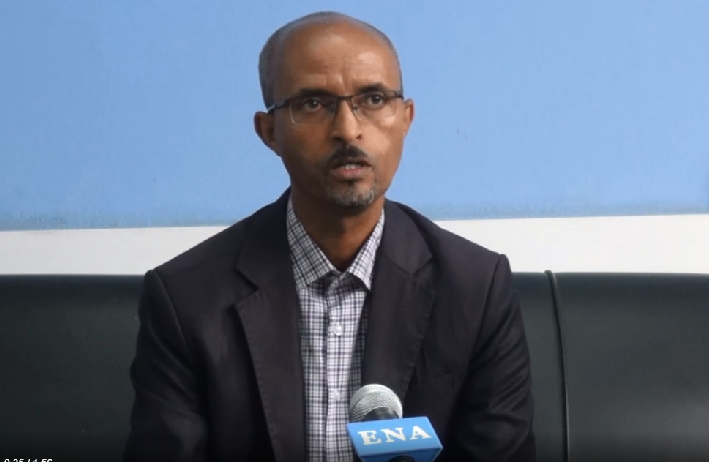Nation’s Right to Resources Dev’t Rests on Solid Principles of Law, Says Associate Prof. - ENA English
Nation’s Right to Resources Dev’t Rests on Solid Principles of Law, Says Associate Prof.

Addis ababa, May 2/2020( ENA) Any contradiction stance riparian countries following would not affect Ethiopia’s right to develop its natural resource on Nile water, according to Experts.
Ethiopia’s assertive stance to develop its resources, particularly on the Nile River, is not based on support of countries but on solid principles of law strong enough even when no country to stands by its side, Law Associate Professor Dereje Zeleke told ENA.
The associate professor underscored that there is no law or logic that contradicts the country’s right to develop its natural resources on the river.

According to him, resorting to the outstanding legal commitments to resolve differences in a peaceful way pays better than any other external diplomatic or political pressure.
Therefore, issues related to the Great Ethiopian Renaissance Dam (GERD) must be solved between the three riparian countries through negotiation, he noted.
The negotiations that have been conducted by the tripartite countries should continue until there is a breakthrough, Dereje insisted.
The three countries that had entered commitment to resolve any differences in a peaceful and amicable way must respect the agreement, according to the lawyer.
“We should focus on internationalist laws with regard to utilization of such shared resources like the Nile. So, we have a general obligation under the customary international law to resolve any resource related dispute or any other dispute in a peaceful way,” he pointed out.
The associate professor noted that Ethiopia has given them enough evidence and information to assure them that the dam would not cause significant harm to the downstream countries. “So we are entirely within our legitimate right to go on filling and operating the dam. We don't need anyone's blessing to finalize and operationalize the national project, which we are building exclusively with our own resources.”
He suggested that it is probably a point of learning for Ethiopia to strictly pursue the dispute resolution provision of 2015 declaration of principle which says the involvement of a third party must be upon the joint request of the parties.
“The issue is not a question of lack of solution to the problem, but lack of political commitment on the part of Egypt and Sudan to recognize Ethiopia’s legitimate right in using Nile River,” Dereje revealed.
Egypt built Aswan Dam on the basis of the 1959 agreement where Ethiopia was kept out of the process in spite of its request to be consulted. The same thing happened when Sudan built the giant Meroe Dam― no consultation, no Ethiopia,” the law professor explained.
Therefore, as long as the activity Ethiopia is engaged in is not likely to cause significant harm to the downstream riparian countries, it remains to be an entirely legitimate national exercise, he underscored